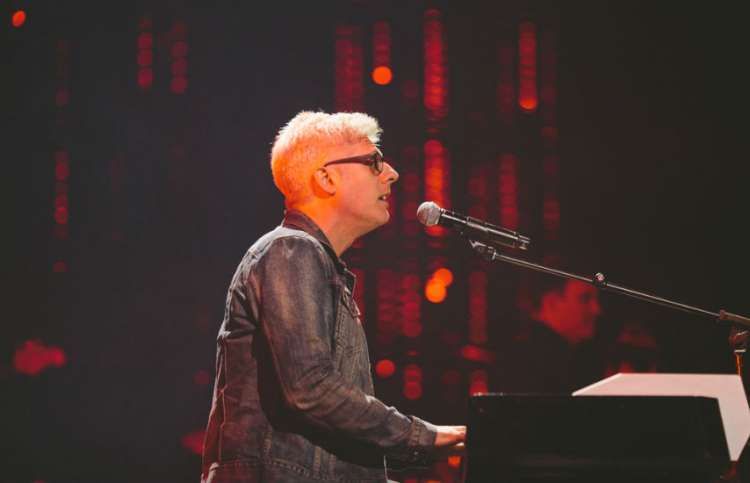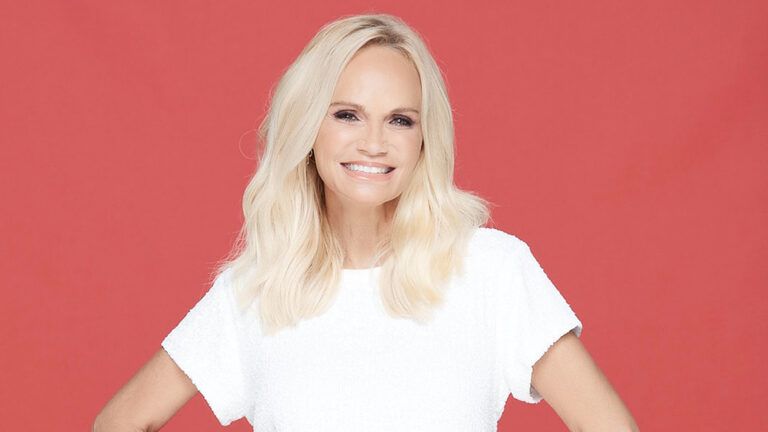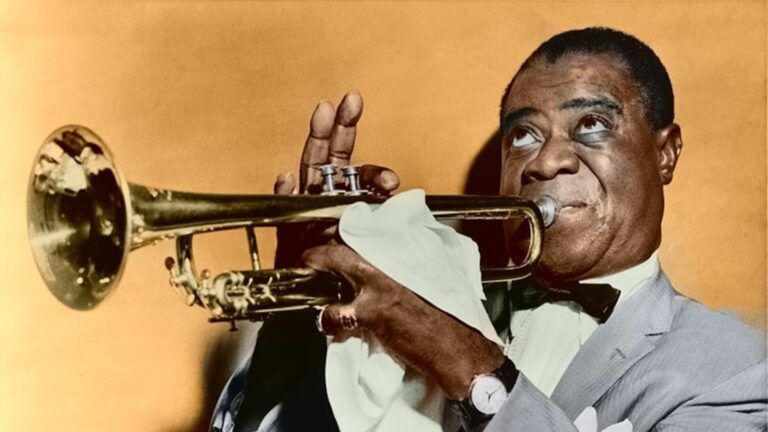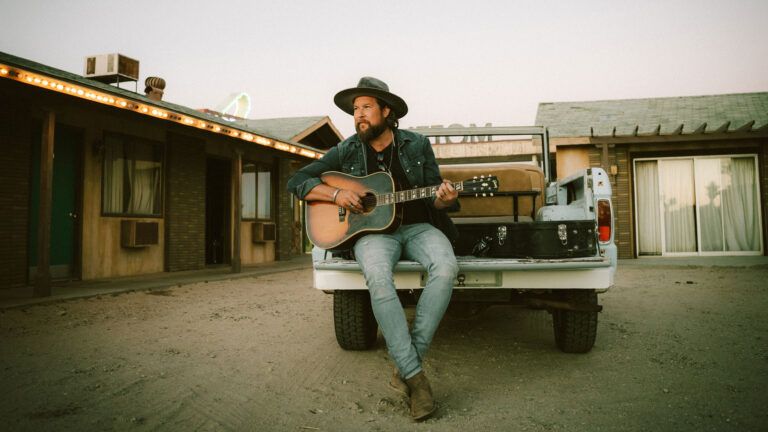Matt Maher is going through a lot of life changes.
In the last five years, the Christian worship artist has gotten married, had two children and turned 40.
In between sound checks and prayer time before his Thursday night show at Our Lady of Good Counsel on New York’s Upper East Side, the singer takes some time to chat with Guideposts.org in a back room filled with band mates, volunteers and plenty of authentic New York pizza. Despite balancing touring, promoting his latest album, Saints and Sinners, performing for Pope Francis and raising a family, Maher seems more grounded than ever.
“Marriage and children, they expose you to yourself,” Maher says. “Even somebody who writes songs about God for a living can hide behind the perception of who people think [they] are. For me, being part of a family and turning 40 really forced me to come to terms with my own humanity. In the midst of doing that I realized I had become somewhat disillusioned.”
Dealing with disillusionment is a major theme of Maher’s latest album Saints and Sinners. When writing songs for the album, Maher says he found himself attracted to people who, like him, chose to walk through their disillusionment, their suffering, instead of walking around it.
“When I was looking at the lives of all of these great men and women who had come before us — Dr. King, Mother Teresa, Thomas Merton — what I kept noticing was there was this whole side of them that no one knew about. They each had a ‘dark night of the soul,’ in some ways. They really struggled with God and I found an incredible amount of consolation and an incredible amount of hope in that. That’s where a lot of people are at. The world’s a really dark place now so how do I still have a faith like a child and not be oblivious?”
Maher answers this question on the track, “Firelight,” inspired by Mother Teresa’s memoirs and his own story.
“I was 19 when I came back to church,” Maher says. “I had partied a lot and I had made mistakes and the thing is, you know that God forgives you, but you still have to live with the memories and the scars of it. You’ve got this past and you can say ‘Well Jesus washed it away, it doesn’t matter anymore,’ but for some people, they still have to live with the effects of it. That can really haunt you. With ‘Firelight,’ I was trying to reach out to those people who can’t reconcile who they are and who they were.”
In order to move forward in faith, Maher finds hope in reconciling the past and present self, and as a result has become someone he never expected.
The artist has seen his last four albums peak in the top 10 of the US Christian charts, toured with the likes of Chris Tomlin and Matt Redman, played to massive crowds at Madison Square Garden, racked up a handful of GRAMMY nods and, at the time of this interview, was prepping for his performance in Philadelphia for Pope Francis.
It’s not even the first time Maher’s played for a Pope – he performed for Pope Francis at World Youth Day in Brazil and he sang for Pope Benedict XVI seven years ago at New York’s Rally for Youth. Maher describes those experiences with a humility not many people would possess.
“It’s not like the Pope sent me an email and said ‘Hey, you need to come to Rome. I’m really needing some Matt Maher in my life,’” the singer jokes. “My role at these kind of events is very utilitarian and there’s something beautiful about that in a way.”
Maher hopes this Pope’s visit can turn the tide when it comes to how we view the church.
“This whole idea that we’re in a post-Christian America is just not true,” the singer says. “We’re in a wounded America. Everybody has grown up in whatever denomination they’ve grown up in and the problem is that they can’t reconcile the faith of their childhood with the life of their adulthood. We live in another Rome. The coliseum used to exist for people’s entertainment and now it’s the whole social media sphere. People don’t kill each other anymore, they just rip their character apart. The notion of somebody coming to Church, seeking the mercy of God and what they encounter are looks and judgment and people predetermining what category they fit in, that whole thing is very damaging. For people like myself, people in full-time ministry, it’s good to realize that and say ‘How can we love better?’ ‘How can we be more welcoming?’ I think that’s what Pope Francis does.”






